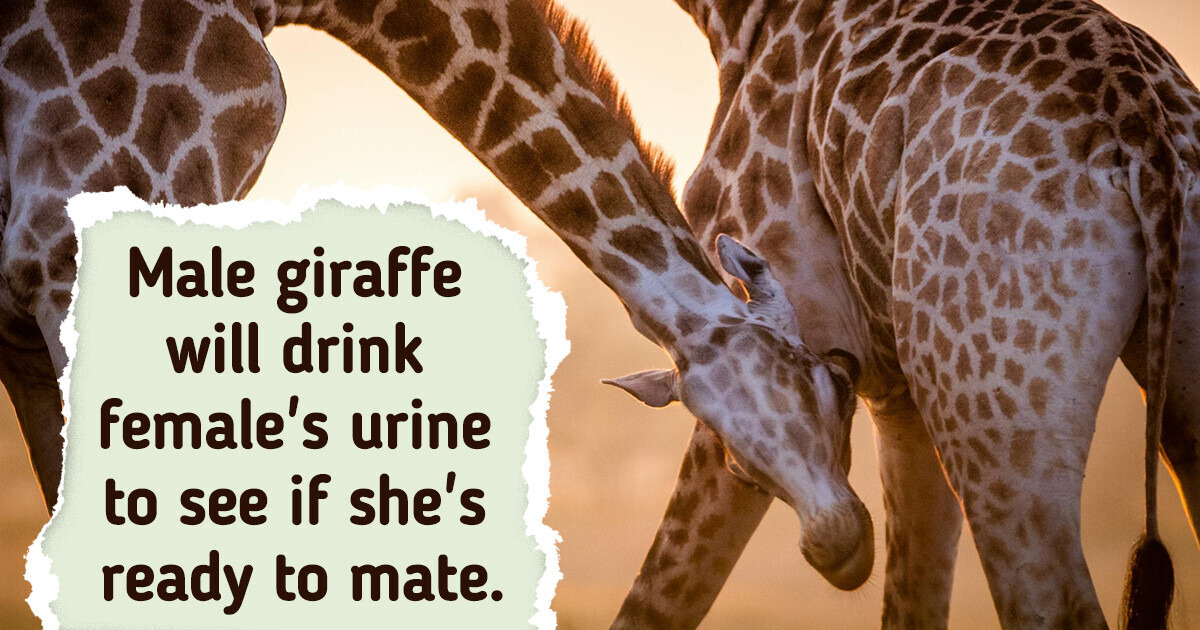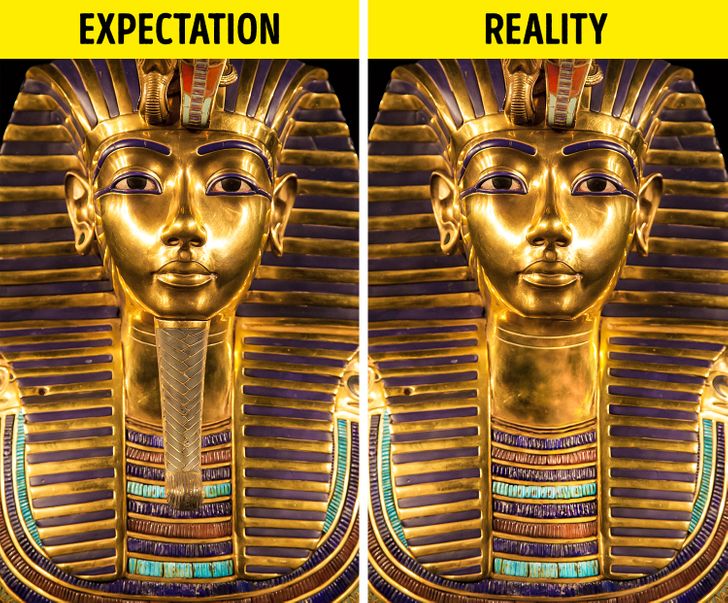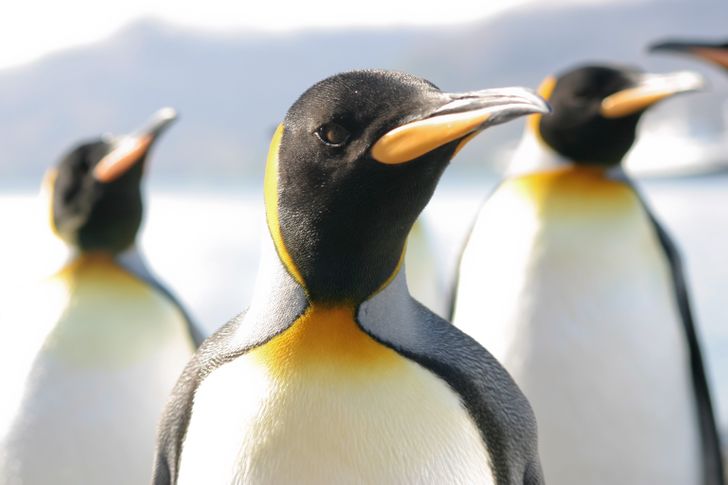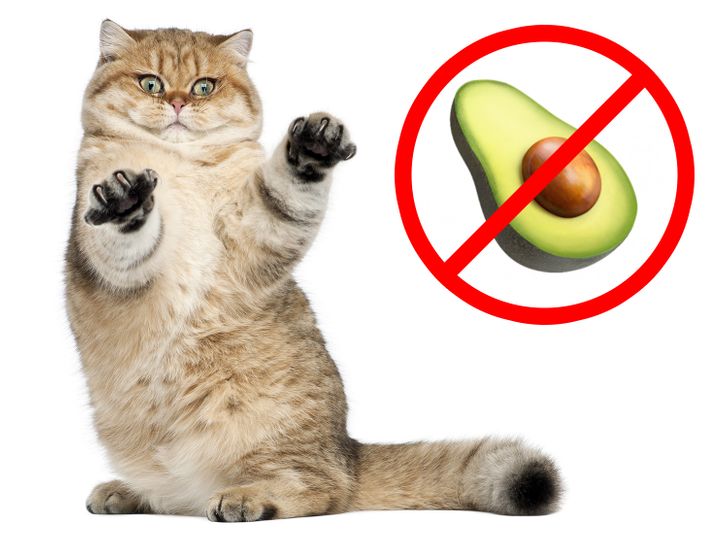15 Lucky People Who Got Service They Never Expected to Have


What crowns the pyramids of Egypt? How does Iceland create its unique “volcano bread”? Where can you witness the world’s rarest phenomenon? The pursuit of these answers not only energizes us but also sparks dreams, making us feel like pioneers. Our natural curiosity pushes us to explore the mysteries of ourselves and the fascinating world around us.
Unlike animals with distinct mating calls or clear heat cycles, male giraffes put in extra effort to find potential partners. They approach females and start headbutting them in the bladder until they urinate for about five seconds, while the males take a sip. This act will help them assess the female’s fertility and readiness to mate.
The Sahara used to be a green paradise with forests and grass around 6,000 years ago. However, the climate changes turned it into the hot desert we know today.
In the land of geysers and volcanoes, Icelanders have perfected the craft of baking “volcano bread” (hverabrauð). They bury a pot filled with dough in the hole near a geyser for 24 hours, allowing the Earth’s warmth to work its magic at a temperature of 212°F.
Not your typical rainbow; this one is a very rare phenomenon called a “fog bow” that shows up during foggy days, not rain. Hunt for it when tiny 0.05 mm drops are in the air, and stand with your back to the sun. Interestingly, it can make a surprise appearance at night, becoming a mystical “moonbow”.

Discovered in 1922, Pharaoh Tutankhamun’s burial mask suffered unintended damage in 2014 when museum employees tried to repair it. Their attempt involved using epoxy and sharp tools, but unfortunately, it only worsened the harm to this valuable artifact.
In the deep forests of Colombia lives the devil’s orchid (Telipogon diabolicus), and it’s no ordinary flower. Look closely, and you’ll see a face with horns and red eyes right in the middle. That’s why people call it the “devil’s plant”. Unfortunately, you can’t buy it in a shop because it needs special conditions to grow and is listed as a critically endangered plant species.

In the last 5,000 years, penguins have provided Antarctica with 16 million pounds of nutrients. As climate changes, these elements are vital for promoting plant growth, covering frozen soil, and supporting local wildlife survival.
A lasting Danish tradition from the 16th century continues today. If someone is single on their 25th birthday, friends and family will playfully sprinkle them with cinnamon. This tradition is a nod to spice merchants who traveled a lot and stayed single because they were never in one place long enough to settle down with someone.
According to the Arctic and Antarctic Research Institute (AARI) specialists, this appearance is an exceptionally rare phenomenon caused by robust winds lifting and sculpting snow into round balls, giving them a shiny finish. These snowballs gather along the shoreline, ranging in size from as small as a tennis ball to nearly 3 feet in diameter.

Avocados are our tasty delight, but here’s the twist: they’re toxic for almost everyone except humans. Packed with a poisonous acid called persin, the pits can be harmful to birds and big mammals like horses and cows.
Gymnasts often mesmerize us with their flawless performances, yet behind the scenes, they have hidden secrets that contribute to their perfection.











